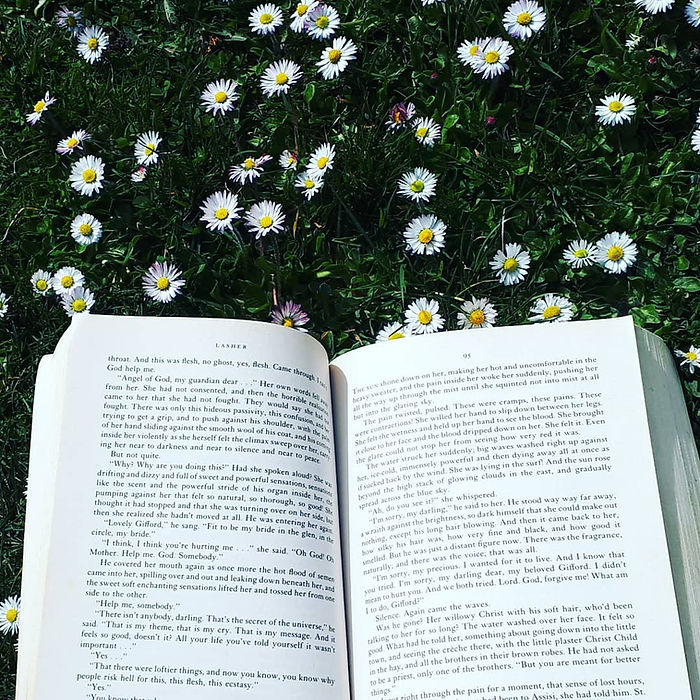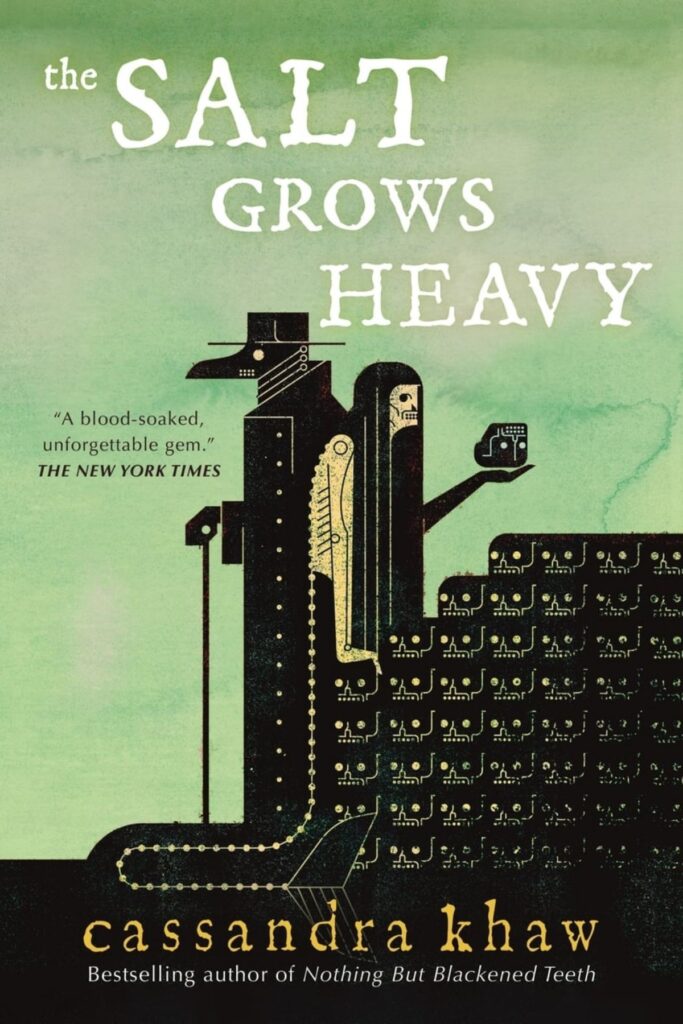My Best (Unsolicited) Advice if You Want To Write...
I am not great at receiving advice. I have a tendency to be contrary that I am consciously working on, but I also know myself and I know that sometimes, I just want someone to tell me what to do. So I offer you my 7 best pieces of advice for aspiring authors - paired with 7 great questions to ask yourself - in case you are like me - more into self-discovery than receiving advice.

1. Write. This may seem obvious, but I have known so many aspiring authors (myself included) who could talk till their mouths were dry about the stories that had to tell, the characters that live in their brains and their burning need to publish a book - but never took the leap to put pen to paper. So if you want to write, you have to write.
Q: How could you prioritize writing in your life?
2. Write Every Day. Ug - I can hear the eye rolls from here. I would have joined you 6 months ago - rolling my eyes till they rolled out of my head - and this rock-solid bit of advice I still struggle with, but just like exercising or eating healthy, you get the best results by practicing every day. Building a habit of writing can do 2 miraculous things: First, it minimizes resistance. Once something becomes a habit, we do it without thinking, and the act becomes effortless. Second - this is something that I learned that may resonate with you - days I write are better than days I don't. I sleep better, I worry less, my anxiety decreases, and I am happier. Short story? Daily writing improves the quality of my life.
Q: How could you support yourself in building a daily practice of writing?

3. Write Everyday for 2 Minutes. Yup - I said it. 2 minutes. If you set the goal of writing everyday for 2 minutes, so many of the other obstacles fall away. Everybody has 2 minutes free everyday. Seriously. Now, you are welcome to write for more than 2 minutes when the mood strikes you, but by writing for at least 2 minutes every day you will build a habit of writing, you will overcome resistance and you will make progress. 2 minutes every day = over 12 hours of writing every year.
Q: When could you find 2 minutes (or more) each day to write?
4. Keep going. Even if it is the “Worst Thing Anyone Has Ever Written, EVER” - write. Write even when you think it sucks and when it is boring and slow and frustrating, write. It gets easier, but only when you keep doing it.
Q: How could you keep writing when you feel frustrated, stuck, or blocked?

5. Switch it up. If you are stuck writing a book, write a list - grocery list, To-Do list, word list, list of things you want your characters to be/do/have. Write a poem, a song. Write an email or a review. Still stuck? Switch places. Try writing somewhere new, with something new - a new pen, a felt tip, on unlined paper, on the computer. Change something and see if something changes.
Q: Where else could you write? What else could you write with? What else could you write on?
6. Remember: You Cannot Edit a Blank Page. Your first goal is to finish the thing - the book, the short story, the poem, the manuscript - whatever it is, just finish the first draft. Avoid editing as you write - it can strangle creativity. Write the whole thing - start to finish, in chunks, working backward from the end - any way you want to do it - then - and only then - go back and edit. Stephen King said, “Great books are not written, they are rewritten.” So write it first - even if it is TERRIBLE (and it probably won’t be) then edit, work it, finish and hone it so it is something you are proud of.
Q: How could you support yourself in writing the draft - the whole draft- first, before editing?

7. Create an Outline - Or a Mood Board. Still stuck? Don’t know where to go from here? Characters are all sitting on a couch in your head watching Netflix and waiting for instructions? Try writing an outline. You can walk the story forward step by step, or you can start at the end and work backward. You can gather inspiration in the form of pictures, or quotes and help them guide your next steps. You could pick a scene, any scene you want to write and write that - then write your existing story to catch up.
Q: What happens next? How does this end? What scene do I REALLY want to write?

Bonus: Give Yourself a Break. Discipline is great, but sometimes, you just need a break. Take a day off - change your focus - read - do something different to fill your cup and (the most important part!) DO NOT beat yourself up over it! Recognize that this is important - to step back, to step aside, and know that you will get back at it tomorrow. Pro Tip - a day off is a break - a week off might be procrastinating… only you can decide what is really going on.
Q: Do you really need a break, or are you really procrastinating?
So, there you go. My top 7 tips for aspiring writers. Lean into the process and enjoy. The whole universe is waiting for you where your pen meets the page.




